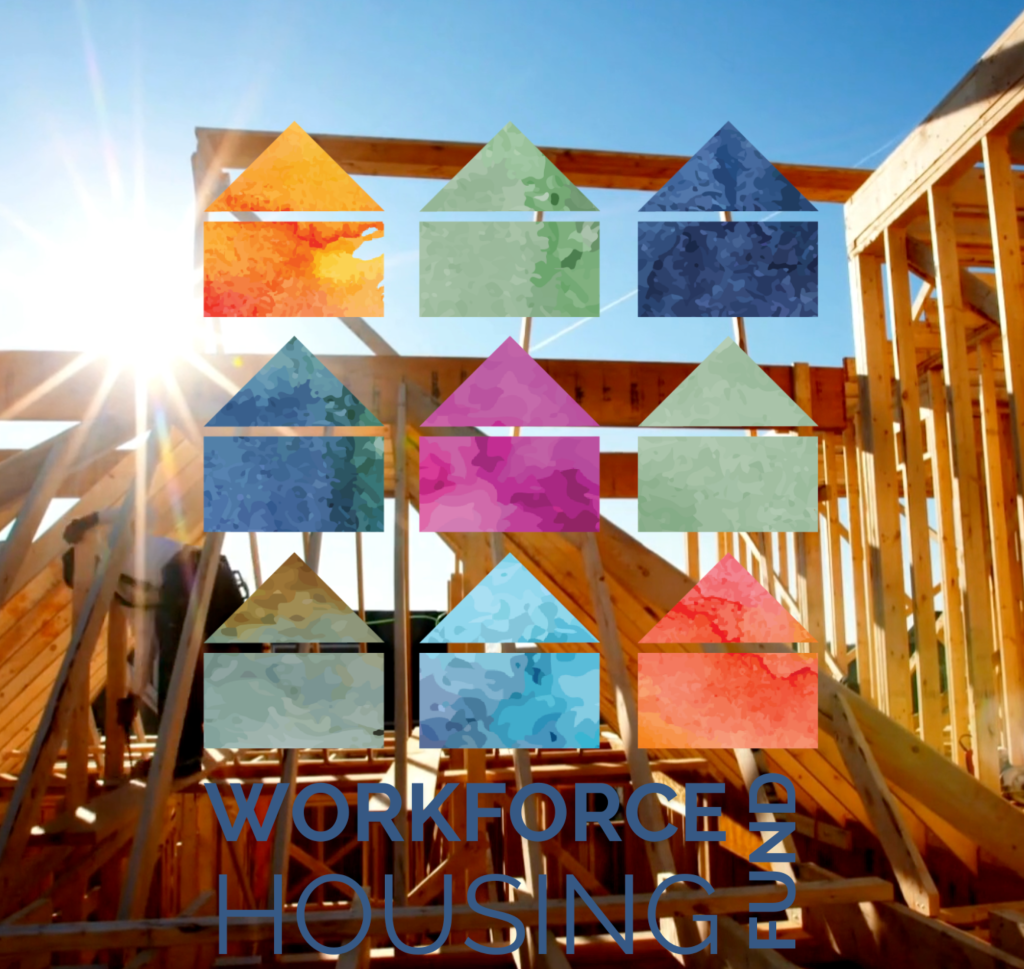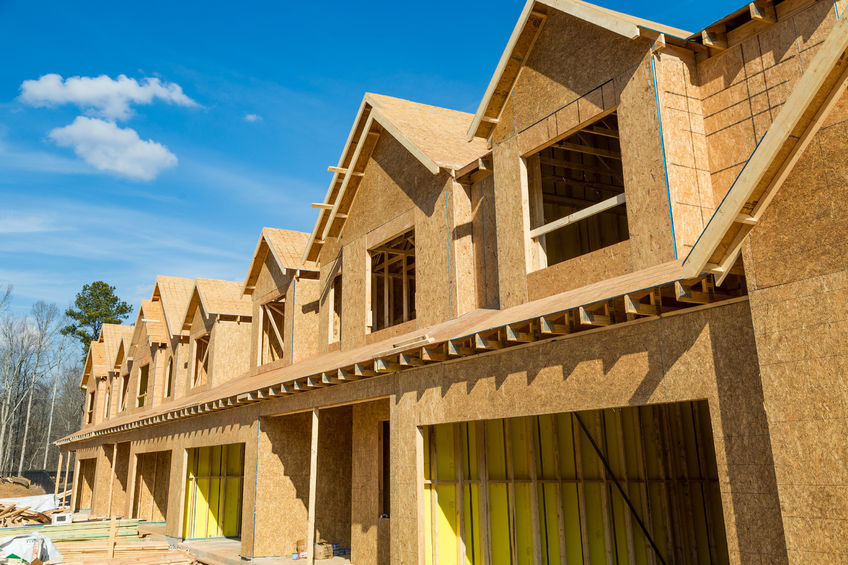Impact

Our housing affordability crisis demands solutions …
In the face of our ongoing housing affordability crisis, the need for meaningful solutions has never been more urgent. The challenges of recent times, including the global pandemic, widespread social and political unrest, and the increasing concentration of capital, have highlighted the complexities of the human experience—where joy and hardship coexist. These circumstances call for a thoughtful examination of how we can contribute positively to our communities and society at large.
Capital has the power to change the world…
Capital, with its profound potential to shape our world, stands at the forefront of this discourse. The essence of capital extends beyond its economic implications; it embodies the power to drive change, for better or worse. The critical factor distinguishing its impact is the intent and purpose behind its allocation. By navigating the middle ground between profit-driven ventures and philanthropic endeavors, we unlock a new paradigm of success. This balanced approach not only fosters untapped creativity and innovation but also paves the way for sustainable solutions to critical issues like housing affordability.
Specifically, within the workforce housing fund context, the application of capital can be transformative. By directing investment towards affordable housing initiatives, we leverage financial resources as a force for good, addressing the pressing need for accessible, quality housing. This strategic focus not only alleviates the immediate challenges of housing affordability but also contributes to the broader goal of creating inclusive, thriving communities. Through innovative funding models that blend social impact with financial return, we can inspire a wave of change in the housing sector, demonstrating that capital, when guided by a vision of equity and sustainability, can indeed change the world for the better.

It’s the New Exchange
Historically, investing has been dominated by one major concept: risk and reward. However, in a recent survey, 75% of respondents said they were interested in investments that focus on achieving both financial returns and have a social or environmental impact. Impact investing is this New Exchange.
What is Impact investing?
Impact investing within the workforce housing sector embodies a commitment to generating tangible social benefits alongside financial gains. This investment strategy focuses on addressing one of society’s most pressing needs—affordable housing for the workforce. By channeling capital into developments that provide accessible, quality homes for middle-income families, investors contribute directly to the economic stability and well-being of communities. This approach marks a deliberate shift from traditional investment paradigms that prioritize financial returns without regard to social or environmental outcomes.
The ethos behind impact investing in workforce housing is to bridge the gap between the growing demand for affordable living spaces and the investment community’s capacity to meet this need. This alignment of financial objectives with societal goals reflects a broader trend towards values-based investing, where the impact of investment dollars is as important as the returns they generate. A survey conducted in 2017 highlighted that 75% of respondents expressed interest in engaging with investments, companies, or funds that not only offer financial returns but also create positive social or environmental effects.
Workforce housing investments stand as a prime example of how capital can serve the common good, providing a dual benefit of supporting community development and ensuring investor returns. By investing in projects that cater to the housing needs of essential workers and middle-income earners, impact investors play a critical role in fostering inclusive growth and sustainability. This model of investment not only addresses the immediate challenge of housing affordability but also contributes to the long-term resilience and prosperity of communities, illustrating the profound potential of aligning investment capital with the values of social equity and environmental stewardship.